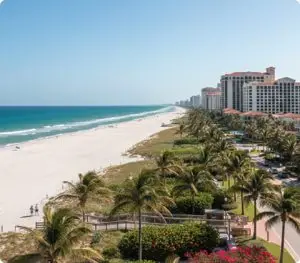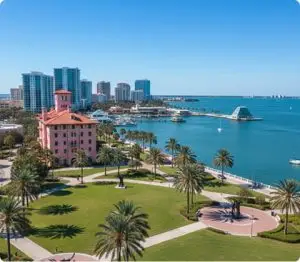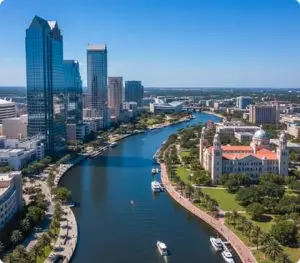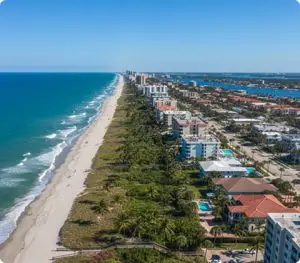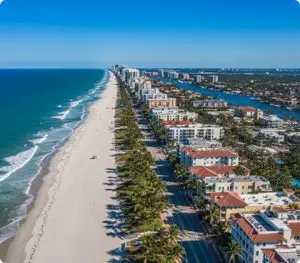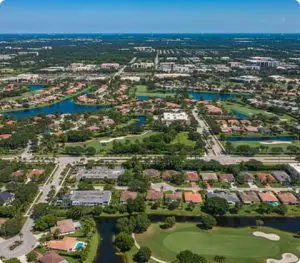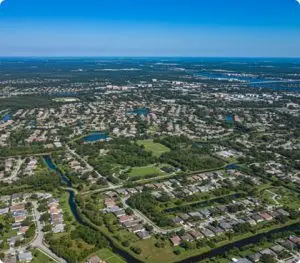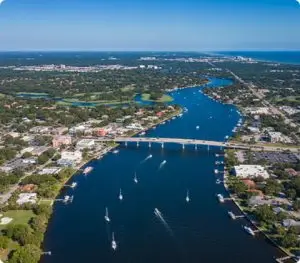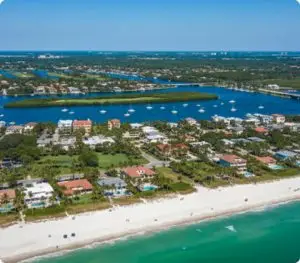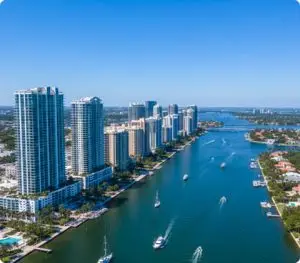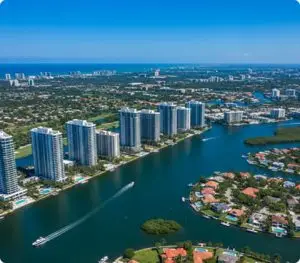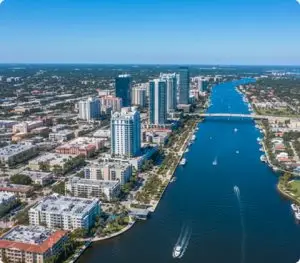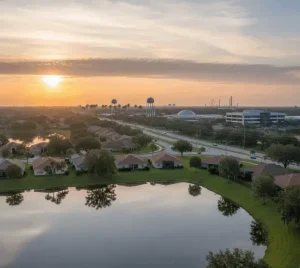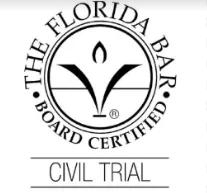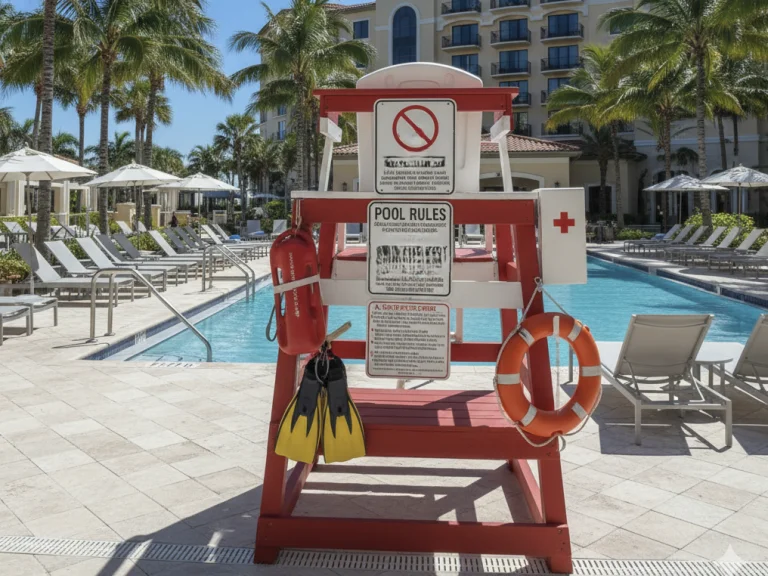
Swimming Pool Accidents: Who is Liable for Drowning or Injury in Florida?
Table of Contents
With year-round sunshine and thousands of residential and community pools, Florida is a state built around water recreation. Unfortunately, that also means it consistently ranks among the top states for drowning and swimming pool injuries, especially among children. What starts as a relaxing afternoon by the pool can quickly turn into tragedy when safety measures are ignored or negligence comes into play.
This article explores who can be held legally responsible for swimming pool accidents in Florida, how liability laws apply to homeowners and property managers, and what steps victims or families should take to protect their rights.
Common Causes of Swimming Pool Accidents
Swimming pool injuries can occur in private homes, hotels, apartment complexes, or public facilities. While drowning is the most severe risk, many other serious injuries happen due to unsafe or negligent conditions.
Common causes include:
- Lack of proper supervision, especially at community or hotel pools
- Missing or defective pool barriers or gates (violating Florida’s Residential Swimming Pool Safety Act)
- Slippery decks or broken tiles, leading to slip and fall accidents
- Faulty electrical wiring or pool lighting causing electrocution
- Defective drains or suction entrapment
- Improperly trained lifeguards or lack of emergency equipment
Each of these scenarios raises the question of who owed a duty of care and whether that duty was breached, an essential factor in determining liability under Florida law.
Who Can Be Held Liable for a Pool Accident in Florida?
Several parties can be responsible depending on where and how the accident occurred:
1. Property Owners and Homeowners
Private pool owners have a legal obligation to maintain a safe environment. Under Florida premises liability law, homeowners may be held liable if:
- Their pool lacked a secure fence, gate, or safety cover as required by law.
- A child gained access to the pool due to inadequate barriers (known as the “attractive nuisance doctrine”).
- They failed to warn guests about known hazards or unsafe conditions.
2. Hotels, Resorts, and Apartment Complexes
Commercial pool operators must comply with state and local safety regulations. Failing to post depth markers, hire qualified lifeguards, or maintain pool equipment properly can make them liable for guest injuries.
3. Product Manufacturers
Sometimes, the fault lies not with the property owner but with a defective product, such as a faulty drain cover, pool ladder, or filtration system. In such cases, victims may pursue a product liability claim against the manufacturer or distributor.
4. Maintenance or Pool Service Companies
If a third-party maintenance company failed to maintain chemical balance, lighting, or safety systems, they too may share liability for resulting injuries or drownings.
The Attractive Nuisance Doctrine
Florida law recognizes that children are naturally drawn to swimming pools, even when they don’t understand the danger. Under the attractive nuisance doctrine, property owners can be held responsible if a child trespasses and drowns or is injured because the pool wasn’t properly secured.
This doctrine makes it clear that a fence, locked gate, and safety alarm are not just best practices, they are legal necessities in Florida.
Proving Negligence After a Swimming Pool Injury
To establish liability in a pool injury or drowning case, the victim (or their family) must prove that:
- The property owner or operator owed a duty of care to maintain a safe pool area.
- That duty was breached through negligence or failure to follow safety laws.
- The breach caused the injury or death.
- The victim suffered damages, such as medical costs, pain and suffering, or wrongful death losses.
An experienced Florida premises liability lawyer will collect evidence such as maintenance logs, witness statements, and inspection reports to build a strong case.
Common Injuries from Swimming Pool Accidents
Not every pool-related incident results in drowning, but many still cause devastating injuries, including:
- Traumatic brain injuries from near-drowning or oxygen deprivation
- Spinal cord damage from diving into shallow water
- Fractures or concussions from slips and falls on wet surfaces
- Chemical burns or infections from improper pool maintenance
These injuries often require long-term care, physical therapy, or in severe cases, lifelong medical support. A Florida catastrophic injury attorney can help quantify future care needs when negotiating compensation.
Wrongful Death and Drowning Cases
When a drowning leads to death, the victim’s surviving family members can file a wrongful death claim under Florida Statute §768.19. Compensation may include:
- Funeral and burial expenses
- Loss of companionship and support
- Emotional distress
- Lost financial contributions of the deceased
In these tragic cases, a Florida wrongful death lawyer can pursue justice while providing compassionate legal guidance.
Preventing Swimming Pool Injuries
While legal remedies exist for victims, prevention remains the best defense. Property owners should:
- Always secure pools with barriers at least four feet high.
- Install self-latching, self-closing gates.
- Maintain clear water visibility and proper lighting.
- Ensure drains and filters meet Virginia Graeme Baker Pool & Spa Safety Act standards.
- Post warning signs and ensure lifeguards are properly trained.
Failure to take these precautions not only invites accidents, it can expose owners to severe liability.
Related Practice Areas
Swimming pool accidents often intersect with other areas of Florida personal injury law, such as:
- [Florida Premises Liability Attorneys], for unsafe property conditions.
- [Florida Wrongful Death Lawyers], for fatal drowning cases.
- [Florida Catastrophic Injury Lawyers], for life-altering brain or spinal injuries.
- [Florida Construction Accident Attorneys], when negligent pool installation or maintenance contributes to harm.
Each case is unique, but all share a core issue: identifying negligence and holding responsible parties accountable.
Call Kogan & DiSalvo Personal Injury Lawyers
If you or your loved one has suffered an injury or drowning due to unsafe pool conditions, Kogan & DiSalvo Personal Injury Lawyers can help. Our attorneys have extensive experience handling premises liability and wrongful death claims involving pools across Florida.
Call (561) 286-8132 for a free consultation. We serve clients statewide from offices in Boca Raton, Delray Beach, Plantation, Palm Bay, St. Petersburg, Vero Beach, North Miami Beach, Boynton Beach, Fort Lauderdale, Lakeland, Stuart, Tampa, and West Palm Beach.
 (800) 707-9111
(800) 707-9111
 Call
Call